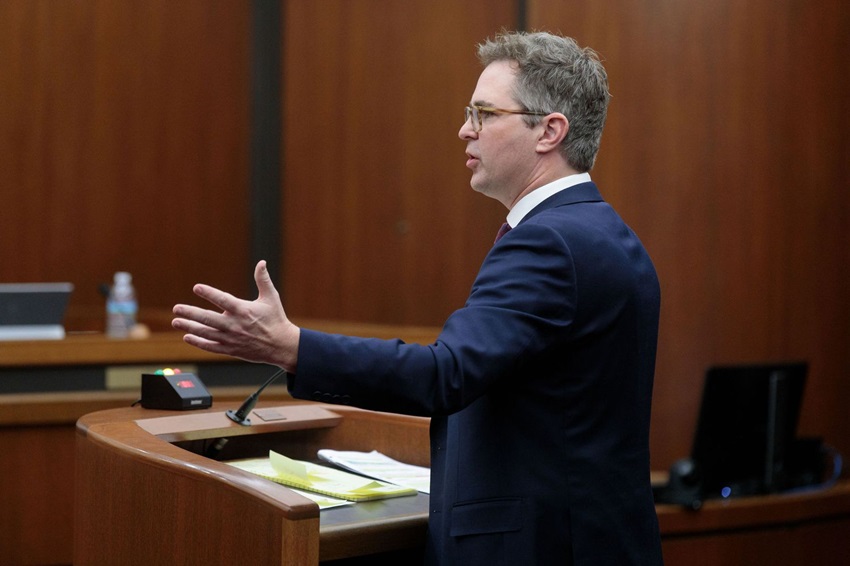Bismarck, ND – A group of landowners and two North Dakota counties are appealing the state’s approval of a controversial carbon dioxide (CO2) pipeline, arguing that the decision by the North Dakota Public Service Commission (PSC) was flawed and lacked transparency.
On November 15, the PSC granted a route permit for a 333-mile segment of the Summit Carbon Solutions pipeline, which is part of a broader 2,500-mile network. The pipeline is intended to transport CO2 captured from ethanol plants across five states to an underground storage site near Bismarck, North Dakota.
However, the decision has sparked significant opposition, led by attorney Brian Jorde, who represents landowners along the pipeline’s proposed route. Jorde argues that the approval process was marred by a lack of transparency and potential safety concerns. He specifically criticized the PSC for allowing Summit Carbon Solutions to submit plume modeling and risk analysis information detailing how CO2 might spread in the event of a pipeline rupture, while denying access to these critical documents to other parties involved in the case.
“This ‘confidential’ information was shared with some members of the public, but landowners and other directly affected citizens were kept in the dark,” Jorde said. “This lack of access to important safety information violates due process rights and undermines public trust.”
In the event of a pipeline rupture, CO2 can pose severe health risks, including suffocation and even death, if it accumulates in high concentrations. The lack of access to the safety modeling, Jorde argues, raises questions about the potential risks to communities living near the pipeline route.
The appeal will be filed in South Central District Court in Burleigh County, where legal challenges are expected to focus on both the process and the substance of the PSC’s decision.
In addition to the landowners’ appeal, Burleigh and Emmons counties, both located along the pipeline’s route in central North Dakota, have also filed separate appeals. These counties are contesting the PSC’s February ruling that state regulations on carbon pipelines supersede local county ordinances, particularly in relation to setbacks and safety requirements around residential areas.
Emmons County had previously filed its appeal in March, but the case was postponed pending the PSC’s final decision on the pipeline permit. Burleigh County filed its appeal just last week, continuing to challenge the state’s authority over local control in matters related to pipeline siting.
The counties argue that North Dakota’s state rules on carbon pipelines should not override local zoning laws that govern land use, including how close such pipelines can be to homes and other structures. The dispute mirrors a similar challenge in South Dakota, where the state’s Public Utilities Commission ruled that local county ordinances took precedence over state carbon pipeline regulations. In that case, Summit Carbon Solutions was denied a permit to build a pipeline segment in the state, although the company has since filed a new application.
Summit Carbon Solutions, which has already secured permits in Iowa and for a short segment in Minnesota, is also working through regulatory processes in Nebraska, where no state agency currently issues permits for carbon pipeline projects. In North Dakota, the Industrial Commission also recently approved Summit’s plan for underground CO2 storage.
Despite the PSC’s approval of the pipeline route, the ongoing legal challenges highlight the tensions between state authority and local governance, as well as concerns about safety and transparency. As the appeals process moves forward, it is likely that the debate over carbon pipelines will continue to intensify, particularly in states like North Dakota, where the pipelines are proposed to pass through vast rural areas.
For now, the fate of the Summit Carbon Solutions pipeline in North Dakota rests in the hands of the courts, with landowners and local officials pushing back against the state’s decision to move forward without further scrutiny.


